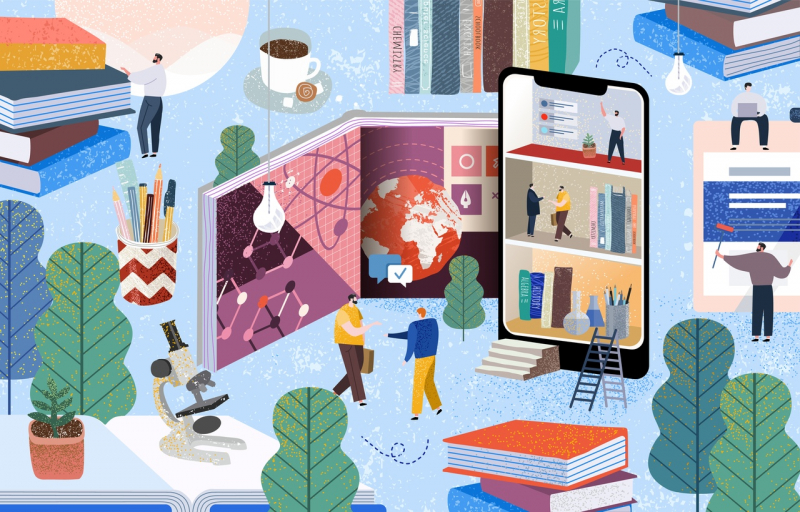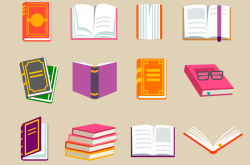Is there a need for literature in the modern world?
Modern literature is in an unusual state right now. We used to think of it as of something necessary and unavoidable. For the most part of human history, that’s how it was: literature was the main source of knowledge on history, culture, natural sciences, and psychology. Reading was absolutely necessary.
Plus, most people were reading pretty much the same books.People aged 35-50 have similar must-read lists, and these choices seem absolutely natural to us. They form a cultural code shared by everyone.
Today, it’s not the same at all: reading is not the main information source anymore. Today, you can be an educated person without reading much.
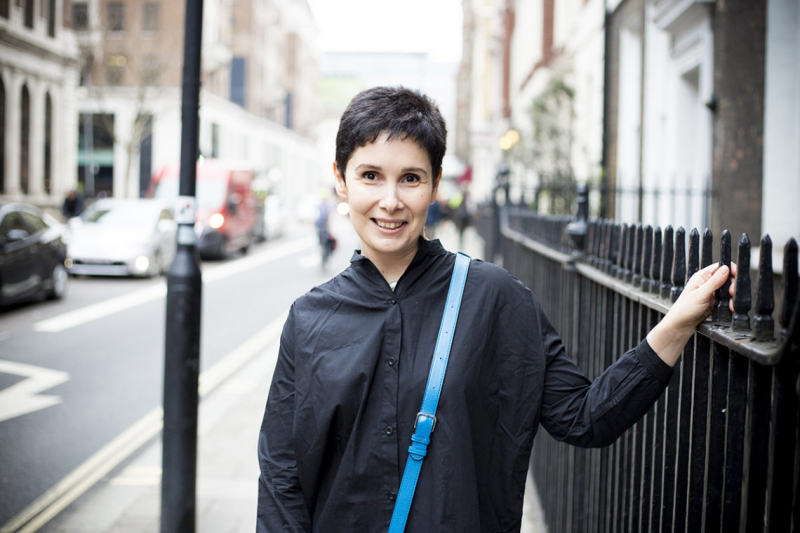
Literary canon
What has the literature been like throughout human history? First of all, everybody was reading the same books. Huge heaps of books came from book manufacturers, authors, and publishing houses straight to readers, with practically no changes made along the way.
The majority of these books constituted relevant literary canon. We’re used to thinking that literary canon is something unchangeable, something that was decided once and for all. Actually, each generation has its own canon that changes as the time flows. For example, for my generation and for an older generation, Maxim Gorky was a must-read. For the current generation, he’s a secondary author, for the next generation he can become a marginal writer.
What was labeled as canon? Books that received big important literary awards, or those mentioned by influential critics. Critics were basically choosing which books were to be read by everyone, or by many, and which should be forgotten.
This idea was based on specific and important old-time concepts of what is culture and how it works.

Culture as a hierarchy
Culture has always been a hierarchical structure. We still mention words like “high culture” and “low culture”, forgetting that in this case, “high” does not mean “good”, and “low” does not mean “bad”.
“High culture” was supposed for the upper class. Others, as a rule, had no time, no opportunities, and no background to consume it. So, “high culture” is the one for the elite, and the “low” one – for the plebeians.
Here’s the question though: who decided which culture was high and which was low? There are no labels on cultural objects. This was done by a community of experts who claimed a monopoly on opinions as if they knew for a fact which cultural object belonged to which category, and no one could destroy this monopoly.

Culture and a new type of elite
However, this structure began to decay in the beginning of the 1980s. There were social and philosophical reasons for that.
The main social reason is the appearance of a new type of elite in America and Europe.
How did people become a part of the elite before? The most obvious and easy way was to be born in the “right” family. The other way is harder, it requires an effort, and it could take a whole life.
But then, young urban professionals, or yuppies, formed a new type of the elite. They appeared because prestigious universities started to give out scholarships for gifted young people. All of a sudden, a generation of young graduates with nice diplomas, huge ambitions, and a right to become a new elite appeared.
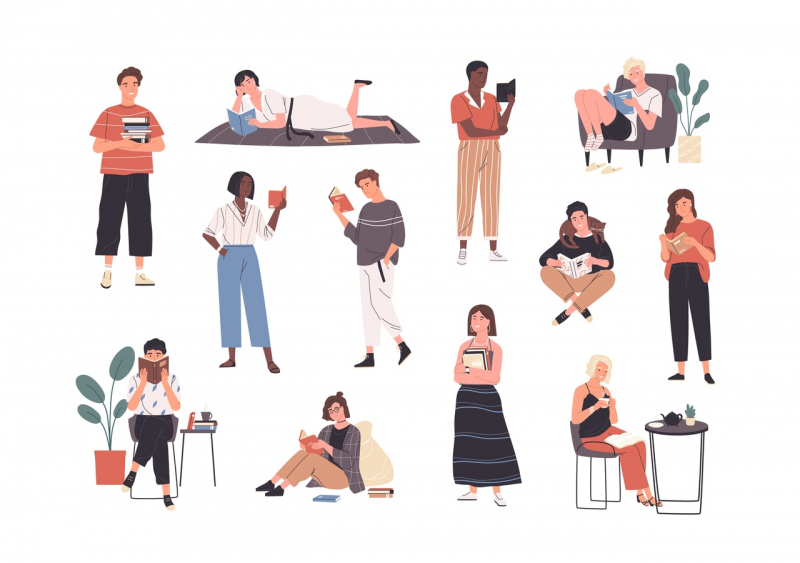
Their key feature is a short road to success. It used to take dozens of years, but for them it was no more than five or six years. That’s why they didn’t have enough time to adapt to conventional categories of culture. They started to change the system that associated a certain social position with a certain type of culture. This was shocking and novel for the establishment of that time.
The same process was also connected to the birth of two key trends in European philosophy of the second half of the 20th century: poststructuralism and postmodernism.

The death of the author
"The medium transmits those ideologies which the addressee receives according to codes originating in his social situation, in his previous education, and in the psychological tendencies of the moment,” Towards a Semiological Guerrilla Warfare, Umberto Eco, 1967.
This thought, written long before the yuppie generation appeared, formed a whole new era. What Umberto Eco wanted to say is that it’s not important what is written, what is the author’s idea: the only thing that’s important is how it’s understood. An object of high culture, Anna Karenina, for example, can be interpreted as a dime novel about an unfortunate love affair.
As philosopher Roland Barthes said, the author is dead. The moment a book leaves the publishing house, its author loses their power over it. You can’t even say that the author knows better what they were saying, quite the opposite: each reader knows better. Moreover, readers now have a voice. They can publicly express their opinions. We’re posting on social media. We’re writing reviews. People aren’t afraid of saying something about the classics. They aren’t afraid to say that they didn’t read something, or they didn’t like something. They aren’t afraid to make statements, express opinions, and give interpretations.
We’re used to checking the reviews of washing machines, restaurants, and hostels, why can’t we check reviews on Dostoevsky’s books? We should know how we are going to invest our time.
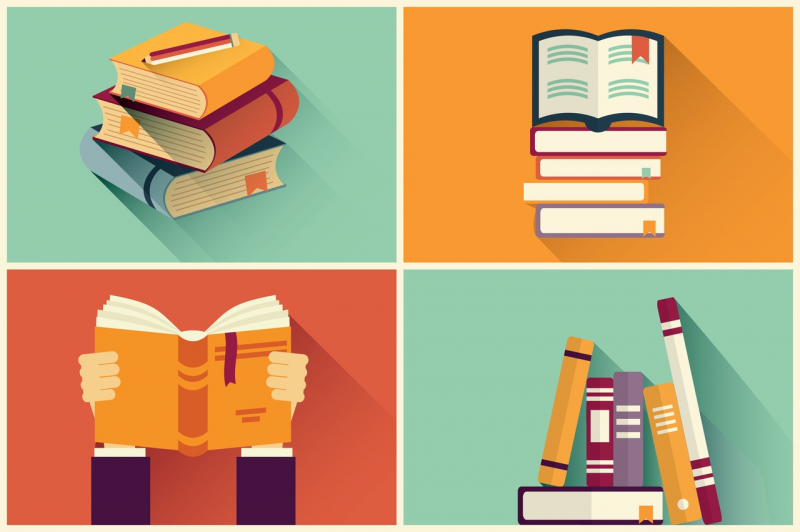
Another important note: a modern reader reads a book without paying attention to the context, without understanding what the book is about. They can say that Andrey Platonov was bad at Russian, and Bram Stoker is exploiting the fame of Twilight movies.
The canon and the context are lost. The books are read separately, like they have no background information. A book on Romania under Ceaușescu can be read as a dystopia, a fantasy, if separated from the historical context.
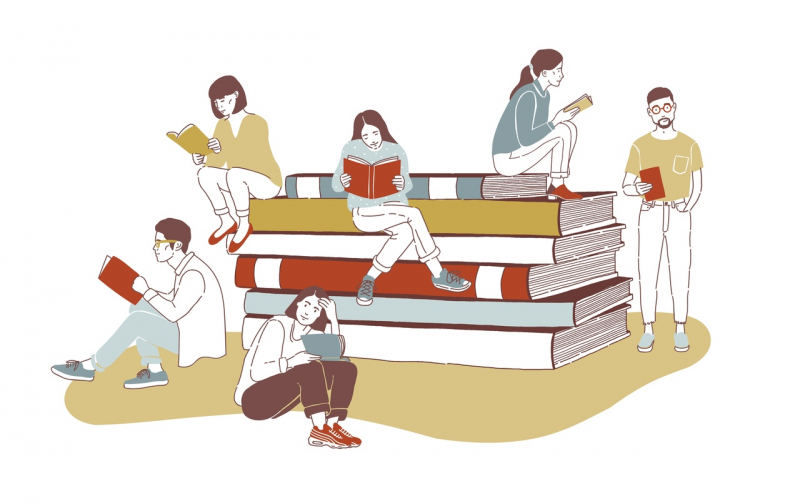
The crisis of the genre
At the same time, the genre system is falling apart. Since the days of Aristotle, who came up with it, there is an idea of literary categories, some better than others. “Better” here means more sophisticated, more exquisite.
According to this, detectives, horrors, love stories and so on are considered to be a low kind of literature.
The decay of such a system can be illustrated by a story about The New Yorker and Stephen King. In the ‘50s-80s, The New Yorker used to be an authority when it came to culture. It was headed by William Shawn, an important figure in American journalism. In the beginning of the ‘80s, Stephen King published a best-selling novel The Stand, and became a celebrity. They wanted to print it in The New Yorker, but the main editor was against that, saying it was a dime novel that was not worthy.
By the end of the ‘80s, the magazine became bankrupt, and William Shawn resigned. Stephen King, however, got a National Book Award in 2003, an award given to canonical writers.
In 2004, junior editor at The New Yorker, John Seabrook, the one who suggested the publication of Stephen King’s novel, wrote a book called NoBrow. Its key idea is that culture is no longer divided into “highbrow” and “lowbrow” categories.

The disintegration of the canon
Another trend is the decay of a global system. For example, in 2000, the biggest bookstore in Russia, “House of the Book” in Moscow, had 200,000 books. For a normal person this amount is a comprehensible limit. Of course, it’s more than anyone can read in their whole life, but it’s a limited amount.
According to Google, there are 137,165,000 books worldwide right now. This number grows by second. Not all, of course, but many of these books are available to us. Old books get digitized, and new ones get published, so the number grows. Plus, there are platforms for sharing your books without publishers.
Each day more and more books become available, which means that any type of system is impossible. You can’t even label all these texts. Our knowledge becomes limited, as we are only aware of a tiny part of the literary world.

Moisés Naím in The End of Power says that we live in the age of several revolutions. Digital revolution is one of many. There’s also the “More revolution”, which means that the amount of objects is becoming too big. Digitalization makes it possible.
The disintegration of the canon is related to this process quite naturally. We can’t divide into “teams”, we can’t share our references, because we all read different books.
Authorities disappear too. Literary awards matter much less. The most efficient one, the Booker Prize, hasn’t been making any difference in sales for the third year in a row. People don’t believe in awards anymore.
There’s a devaluation of critics: their authority is very low. Previously, if a critic labeled something as a masterpiece, it was awkward to say that you personally didn’t like it. Nowadays, opinions of the experts are irrelevant.

How people choose books today
How do readers choose what to read today? What do they refer to if the awards and critics don’t matter anymore, and there is no system, genres, or canon?
First of all, to editors. We often imagine the editor as a godlike person that decides whether they will print something. As today books can be digital, the publishing house is more like a brand now. There aren’t many such publishers in Russia: Mann, Ivanov and Ferber”, Phantom Press, Alpina Publisher, and some others.
Then, the most natural thing you can consider when buying something is the name of the author, but according to statistics, 36% of the bookstore visitors in America and 32% of them in Russia don’t pay attention to the names of the authors of the books they liked.

A nice bookstore, usually an independent one, can also be a sort of an expert. Why the independent one? Because a huge chain store doesn’t care if you’ll come back or not. The small stores, however, will try to sell you something you’ll love, so that you’ll come back.
People also follow the opinions of various bloggers and celebrities. The level of a celebrity’s expertise is obviously not important at all.
It’s hard to accept this if you belong to another generation, but this is the reality that we live in.
A recording of the full lecture is available here (in Russian).
